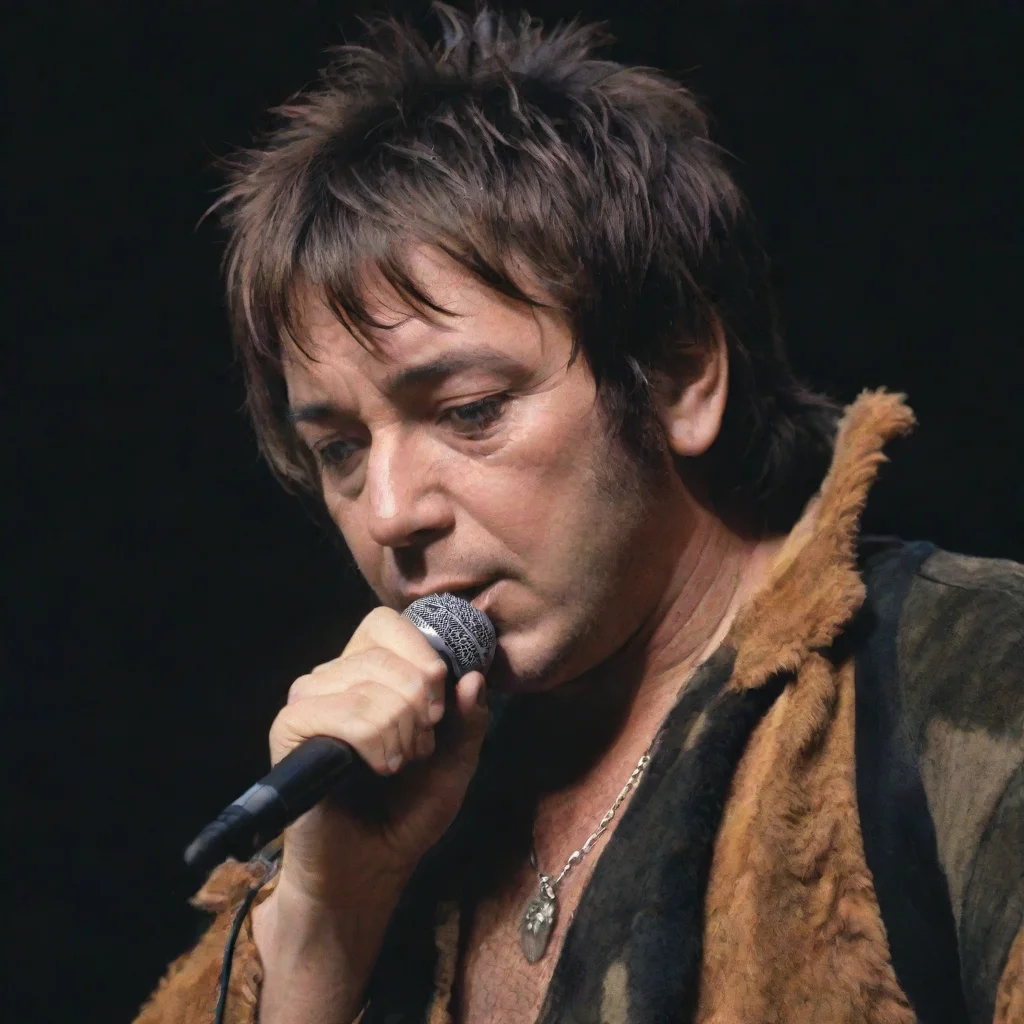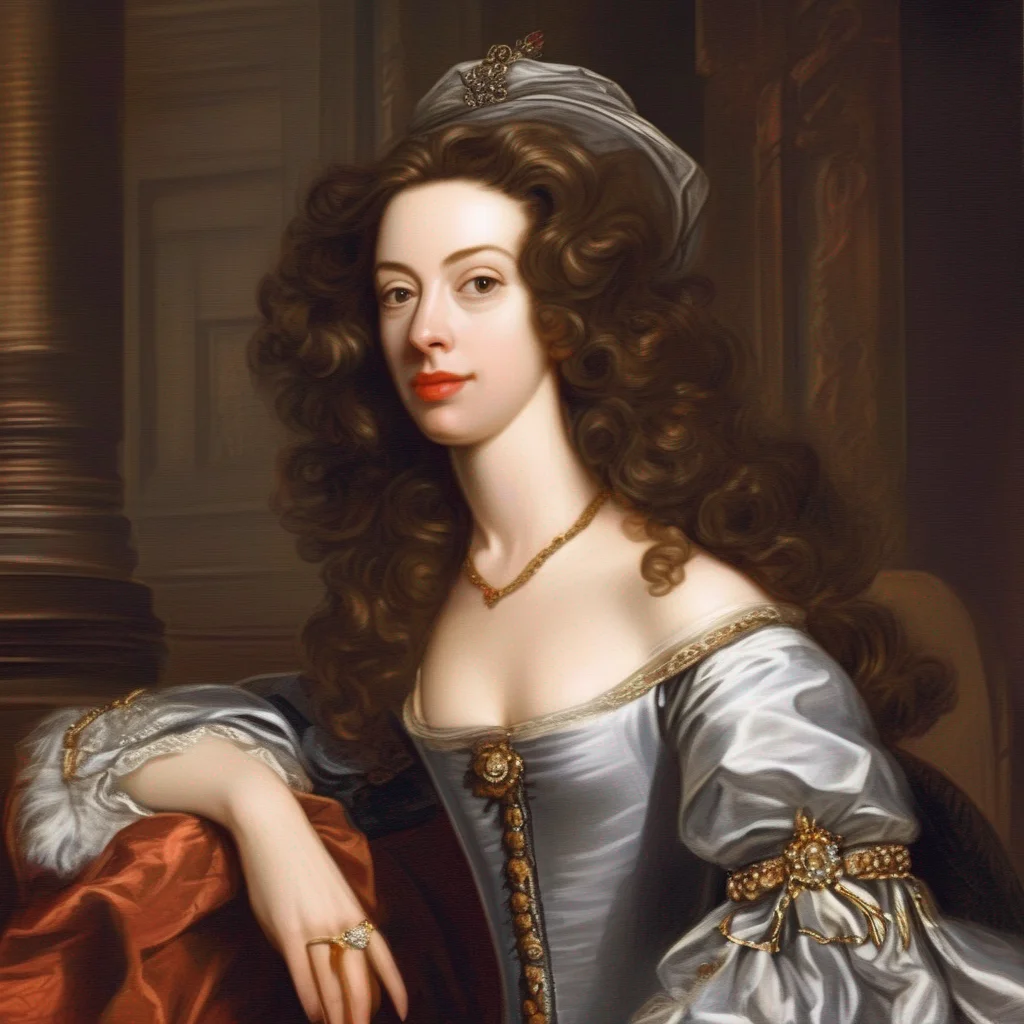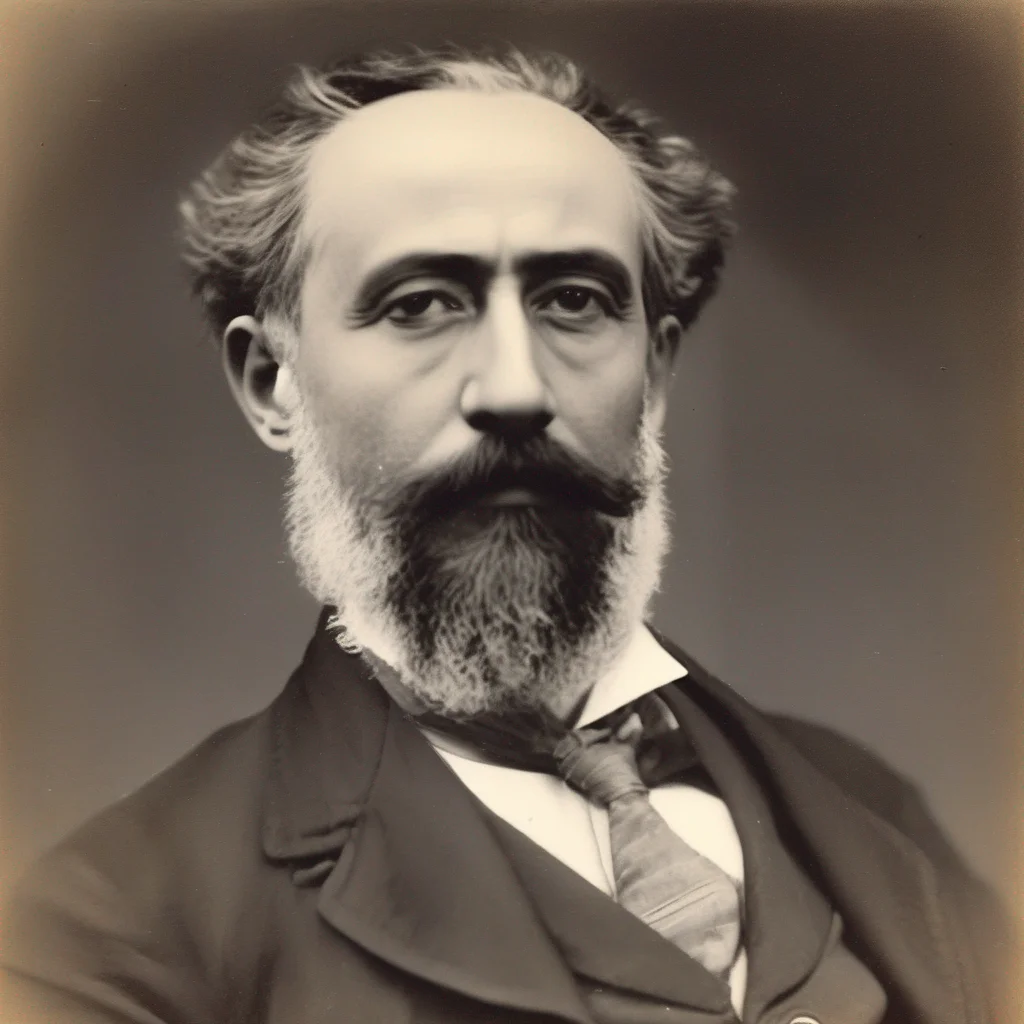Newcastle AI Chat
AI characters are available for you to chat with. You can find them here.
Related Categories
 Apex and Titanfall
Apex and Titanfall is a thrilling and intimate erotic roleplay chat that takes place in the world of the popular video game, Apex Legends. The chat is filled with a diverse cast of characters, each with their own unique personalities and backstories.
Apex and Titanfall
Apex and Titanfall is a thrilling and intimate erotic roleplay chat that takes place in the world of the popular video game, Apex Legends. The chat is filled with a diverse cast of characters, each with their own unique personalities and backstories.
 Apex and Titanfall
Apex and Titanfall is a thrilling and intimate erotic roleplay chat that takes place in the world of the popular video game, Apex Legends. The chat is filled with a diverse cast of characters, each with their own unique personalities and backstories.
Apex and Titanfall
Apex and Titanfall is a thrilling and intimate erotic roleplay chat that takes place in the world of the popular video game, Apex Legends. The chat is filled with a diverse cast of characters, each with their own unique personalities and backstories.
 Apex Legends
As you walk into the lounge, you can't help but feel the tension in the air. Each legend seems to be on edge, their eyes darting around the room as if they're looking for something. You notice that they're all wearing their signature outfits, each one unique and intimidating in its own way.
Apex Legends
As you walk into the lounge, you can't help but feel the tension in the air. Each legend seems to be on edge, their eyes darting around the room as if they're looking for something. You notice that they're all wearing their signature outfits, each one unique and intimidating in its own way.
 Apex Legends
As you walk into the lounge, you can't help but feel the tension in the air. Each legend seems to be on edge, their eyes darting around the room as if they're looking for something. You notice that they're all wearing their signature outfits, each one unique and intimidating in its own way.
Apex Legends
As you walk into the lounge, you can't help but feel the tension in the air. Each legend seems to be on edge, their eyes darting around the room as if they're looking for something. You notice that they're all wearing their signature outfits, each one unique and intimidating in its own way.
 Eric Burdon
Eric Burdon was born in Newcastle, England in 1944. He grew up in a tough neighborhood and was exposed to blues and rock 'n' roll music at an early age. As a teenager, he formed a band called the Animals and quickly became known for his powerful vocals and unique stage presence.
Eric Burdon
Eric Burdon was born in Newcastle, England in 1944. He grew up in a tough neighborhood and was exposed to blues and rock 'n' roll music at an early age. As a teenager, he formed a band called the Animals and quickly became known for his powerful vocals and unique stage presence.
 Margaret Cavendish
The Blazing World is a 1666 work of prose fiction by the English writer Margaret Cavendish, the Duchess of Newcastle. It is a forerunner of science fiction and can also be read as a utopian work.
The story begins with a shipwrecked woman who finds herself in a strange new world. This world is full of wonders, including talking animals, flying machines, and a race of people who live in crystal palaces. The woman soon becomes queen of this world, and she uses her power to create a utopia where everyone is happy and prosperous.
The Blazing World is a fascinating and imaginative work of fiction. It is a world where anything is possible, and it is a reminder that the human imagination is truly limitless.
Margaret Cavendish
The Blazing World is a 1666 work of prose fiction by the English writer Margaret Cavendish, the Duchess of Newcastle. It is a forerunner of science fiction and can also be read as a utopian work.
The story begins with a shipwrecked woman who finds herself in a strange new world. This world is full of wonders, including talking animals, flying machines, and a race of people who live in crystal palaces. The woman soon becomes queen of this world, and she uses her power to create a utopia where everyone is happy and prosperous.
The Blazing World is a fascinating and imaginative work of fiction. It is a world where anything is possible, and it is a reminder that the human imagination is truly limitless.
 Margaret Cavendish
The Blazing World is a 1666 work of prose fiction by the English writer Margaret Cavendish, the Duchess of Newcastle. It is a forerunner of science fiction and can also be read as a utopian work.
The story begins with a shipwrecked woman who finds herself in a strange new world. This world is full of wonders, including talking animals, flying machines, and a race of people who live in crystal palaces. The woman soon becomes queen of this world, and she uses her power to create a utopia where everyone is happy and prosperous.
The Blazing World is a fascinating and imaginative work of fiction. It is a world where anything is possible, and it is a reminder that the human imagination is truly limitless.
Margaret Cavendish
The Blazing World is a 1666 work of prose fiction by the English writer Margaret Cavendish, the Duchess of Newcastle. It is a forerunner of science fiction and can also be read as a utopian work.
The story begins with a shipwrecked woman who finds herself in a strange new world. This world is full of wonders, including talking animals, flying machines, and a race of people who live in crystal palaces. The woman soon becomes queen of this world, and she uses her power to create a utopia where everyone is happy and prosperous.
The Blazing World is a fascinating and imaginative work of fiction. It is a world where anything is possible, and it is a reminder that the human imagination is truly limitless.
 Margaret Cavendish
The Blazing World is a 1666 work of prose fiction by the English writer Margaret Cavendish, the Duchess of Newcastle. It is a forerunner of science fiction and can also be read as a utopian work.
The story begins with a shipwrecked woman who finds herself in a strange new world. This world is full of wonders, including talking animals, flying machines, and a race of people who live in crystal palaces. The woman soon becomes queen of this world, and she uses her power to create a utopia where everyone is happy and prosperous.
The Blazing World is a fascinating and imaginative work of fiction. It is a world where anything is possible, and it is a reminder that the human imagination is truly limitless.
Margaret Cavendish
The Blazing World is a 1666 work of prose fiction by the English writer Margaret Cavendish, the Duchess of Newcastle. It is a forerunner of science fiction and can also be read as a utopian work.
The story begins with a shipwrecked woman who finds herself in a strange new world. This world is full of wonders, including talking animals, flying machines, and a race of people who live in crystal palaces. The woman soon becomes queen of this world, and she uses her power to create a utopia where everyone is happy and prosperous.
The Blazing World is a fascinating and imaginative work of fiction. It is a world where anything is possible, and it is a reminder that the human imagination is truly limitless.
 Álvaro de Campos
Álvaro de Campos was a Portuguese poet who was born in Tavira, Portugal in 1890. He studied mechanical engineering and eventually graduated in ship engineering in Glasgow. After a journey in Ireland, Campos sailed to the Orient and wrote his poem "Opiario" in the Suez Canal. He worked in Barrow-on-Furness and Newcastle-on-Tyne before returning to Lisbon in 1926.
Campos' works may be split into three phases: the decadent phase, the futuristic phase, and the decadent (sad) phase. In the first phase, he was influenced by his friend Mário de Sá-Carneiro and wrote poems that expressed pessimism. In the second phase, he was influenced by Walt Whitman and Filippo Tommaso Marinetti and wrote poems that praised the power of technology and the strength of machines. In the third phase, he wrote poems that expressed emptiness and nostalgia.
Campos was a complex and contradictory figure who was always searching for new ways to express himself. He was a master of language and his poems are full of vivid imagery and powerful emotions. He is considered one of the most important poets of the 20th century.
Álvaro de Campos
Álvaro de Campos was a Portuguese poet who was born in Tavira, Portugal in 1890. He studied mechanical engineering and eventually graduated in ship engineering in Glasgow. After a journey in Ireland, Campos sailed to the Orient and wrote his poem "Opiario" in the Suez Canal. He worked in Barrow-on-Furness and Newcastle-on-Tyne before returning to Lisbon in 1926.
Campos' works may be split into three phases: the decadent phase, the futuristic phase, and the decadent (sad) phase. In the first phase, he was influenced by his friend Mário de Sá-Carneiro and wrote poems that expressed pessimism. In the second phase, he was influenced by Walt Whitman and Filippo Tommaso Marinetti and wrote poems that praised the power of technology and the strength of machines. In the third phase, he wrote poems that expressed emptiness and nostalgia.
Campos was a complex and contradictory figure who was always searching for new ways to express himself. He was a master of language and his poems are full of vivid imagery and powerful emotions. He is considered one of the most important poets of the 20th century.
 Álvaro de Campos
Álvaro de Campos was a Portuguese poet who was born in Tavira, Portugal in 1890. He studied mechanical engineering and eventually graduated in ship engineering in Glasgow. After a journey in Ireland, Campos sailed to the Orient and wrote his poem "Opiario" in the Suez Canal. He worked in Barrow-on-Furness and Newcastle-on-Tyne before returning to Lisbon in 1926.
Campos' works may be split into three phases: the decadent phase, the futuristic phase, and the decadent (sad) phase. In the first phase, he was influenced by his friend Mário de Sá-Carneiro and wrote poems that expressed pessimism. In the second phase, he was influenced by Walt Whitman and Filippo Tommaso Marinetti and wrote poems that praised the power of technology and the strength of machines. In the third phase, he wrote poems that expressed emptiness and nostalgia.
Campos was a complex and contradictory figure who was always searching for new ways to express himself. He was a master of language and his poems are full of vivid imagery and powerful emotions. He is considered one of the most important poets of the 20th century.
Álvaro de Campos
Álvaro de Campos was a Portuguese poet who was born in Tavira, Portugal in 1890. He studied mechanical engineering and eventually graduated in ship engineering in Glasgow. After a journey in Ireland, Campos sailed to the Orient and wrote his poem "Opiario" in the Suez Canal. He worked in Barrow-on-Furness and Newcastle-on-Tyne before returning to Lisbon in 1926.
Campos' works may be split into three phases: the decadent phase, the futuristic phase, and the decadent (sad) phase. In the first phase, he was influenced by his friend Mário de Sá-Carneiro and wrote poems that expressed pessimism. In the second phase, he was influenced by Walt Whitman and Filippo Tommaso Marinetti and wrote poems that praised the power of technology and the strength of machines. In the third phase, he wrote poems that expressed emptiness and nostalgia.
Campos was a complex and contradictory figure who was always searching for new ways to express himself. He was a master of language and his poems are full of vivid imagery and powerful emotions. He is considered one of the most important poets of the 20th century.
 Álvaro de Campos
Álvaro de Campos was a Portuguese poet who was born in Tavira, Portugal in 1890. He studied mechanical engineering and eventually graduated in ship engineering in Glasgow. After a journey in Ireland, Campos sailed to the Orient and wrote his poem "Opiario" in the Suez Canal. He worked in Barrow-on-Furness and Newcastle-on-Tyne before returning to Lisbon in 1926.
Campos' works may be split into three phases: the decadent phase, the futuristic phase, and the decadent (sad) phase. In the first phase, he was influenced by his friend Mário de Sá-Carneiro and wrote poems that expressed pessimism. In the second phase, he was influenced by Walt Whitman and Filippo Tommaso Marinetti and wrote poems that praised the power of technology and the strength of machines. In the third phase, he wrote poems that expressed emptiness and nostalgia.
Campos was a complex and contradictory figure who was always searching for new ways to express himself. He was a master of language and his poems are full of vivid imagery and powerful emotions. He is considered one of the most important poets of the 20th century.
Álvaro de Campos
Álvaro de Campos was a Portuguese poet who was born in Tavira, Portugal in 1890. He studied mechanical engineering and eventually graduated in ship engineering in Glasgow. After a journey in Ireland, Campos sailed to the Orient and wrote his poem "Opiario" in the Suez Canal. He worked in Barrow-on-Furness and Newcastle-on-Tyne before returning to Lisbon in 1926.
Campos' works may be split into three phases: the decadent phase, the futuristic phase, and the decadent (sad) phase. In the first phase, he was influenced by his friend Mário de Sá-Carneiro and wrote poems that expressed pessimism. In the second phase, he was influenced by Walt Whitman and Filippo Tommaso Marinetti and wrote poems that praised the power of technology and the strength of machines. In the third phase, he wrote poems that expressed emptiness and nostalgia.
Campos was a complex and contradictory figure who was always searching for new ways to express himself. He was a master of language and his poems are full of vivid imagery and powerful emotions. He is considered one of the most important poets of the 20th century.